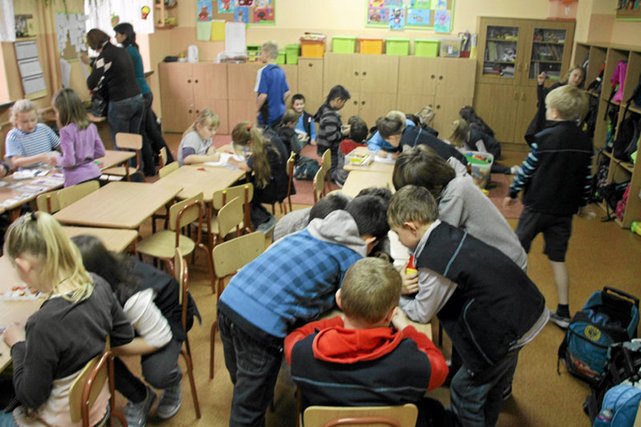 Boycott
Boycott
Within the meaning of a boycott, we will take into account any breakdown in trade or diplomatic relations with a specific organization, state, or a company. A boycott may result in partial or complete breakdown of these contacts.
A boycott thus means disregarding the other side. It does not take into account anybody's reason at all or to some extent, or views. The other side feels boycotted, that is, ignored on a very large scale. This is a kind of protest if the front page doesn't like it (boycotting) specific views. By boycotting, they hope to exert pressure, that the other party waives some changes, intentions or deeds.
The history of the boycott comes from 1880 year, when Charles Boycott, who levied rents on properties in County Mayo, Ireland, refused to reduce the value of that rent. Anyone who had to pay him these dues, he stopped having any social and professional contacts with him. So if he wanted to use the services of the people of the county, for example, in which he managed, met with a wave of rejection. He couldn't even buy anything. So as you can see, it is a large-scale and very rigorous protest. Because the boycotters will not accept any concessions. You could even say delicately, that they are walking over the dead to their destination. Currently, there are also various types of boycotts.








